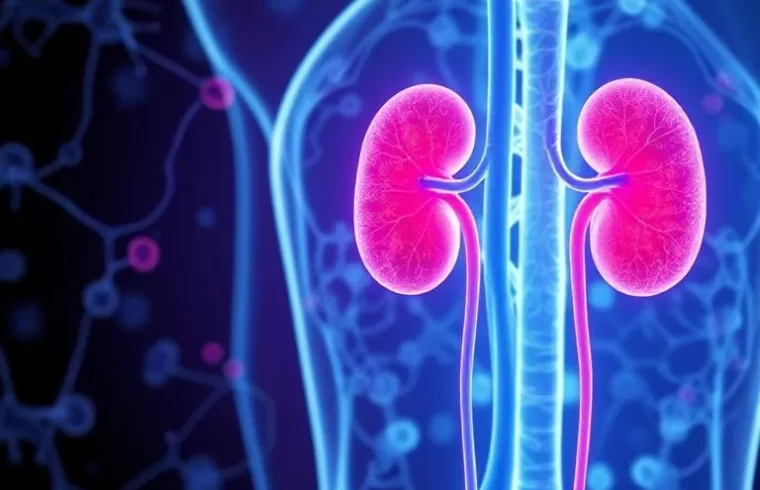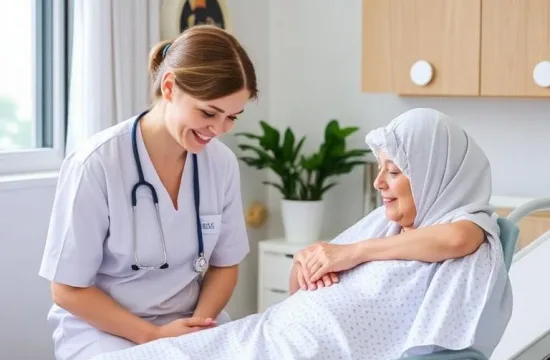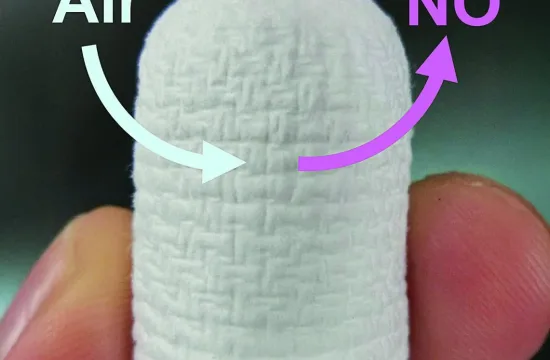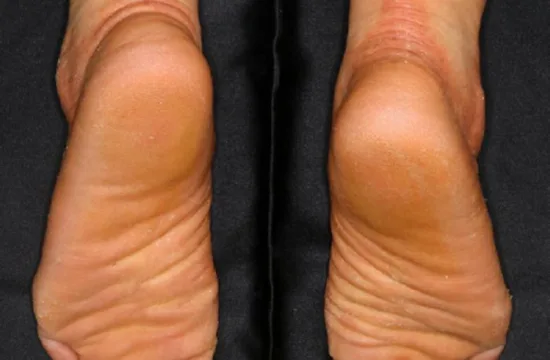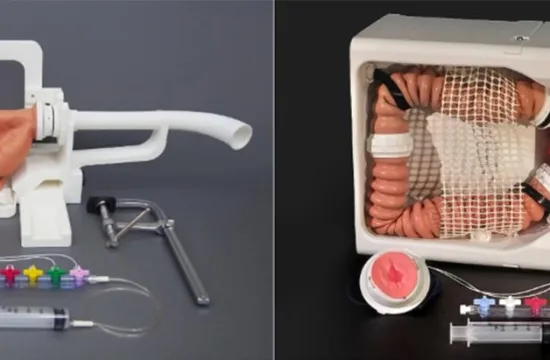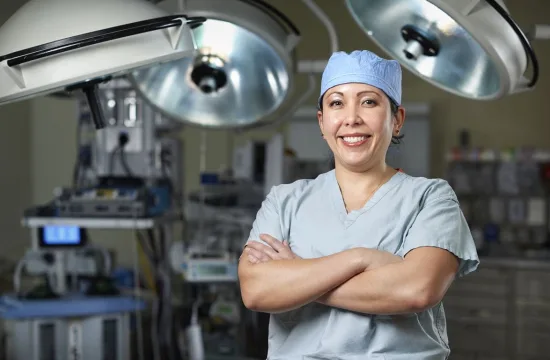|
Getting your Trinity Audio player ready...
|
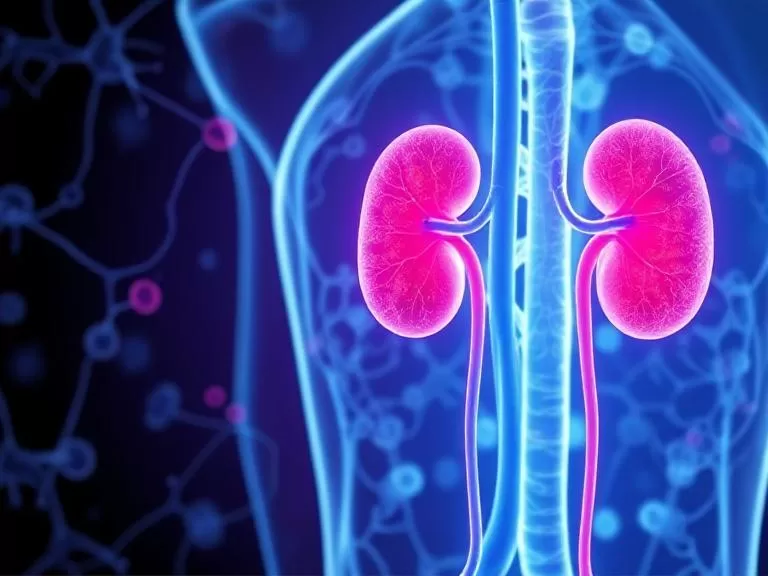
ROCHESTER, Minn. — A study from Mayo Clinic suggests that stem cell therapy could significantly improve treatment outcomes for patients with end-stage kidney disease undergoing hemodialysis.
Hemodialysis, a life-sustaining procedure for over 4 million people globally, filters waste from the blood and often precedes kidney transplantation. To facilitate this process, patients typically undergo surgery to create an arteriovenous fistula (AVF)—a connection between an artery and vein in the arm.
However, AVFs fail in approximately 60% of cases due to vein narrowing, posing a major challenge to effective dialysis.
Researchers at Mayo Clinic have discovered that injecting patients’ own fat-derived mesenchymal stem cells into the vein prior to AVF surgery may help reduce inflammation and prevent narrowing. These adult stem cells release healing growth factors that appear to enhance vein durability and healing, particularly in patients who respond well to the treatment.
“Mesenchymal stem cells have anti-inflammatory properties,” said Dr. Sanjay Misra, senior author and interventional radiologist at Mayo Clinic. “Inflammation drives many chronic conditions—heart disease, hypertension, and cancer among them.”
Clinical Trial Insights
The phase I trial involved 21 participants, 11 of whom received stem cell injections before AVF surgery. The remaining 10 formed the control group. Results showed that AVFs in the stem cell group healed faster and were more resilient, although not all participants responded equally.
Lead author Dr. Sreenivasulu Kilari noted, “The variability in response led us to explore genetic factors using RNA sequencing. We identified anti-inflammatory gene markers that may predict which patients will benefit most.”
These findings could pave the way for personalized treatment strategies and more effective dialysis access management. Researchers aim to validate the results through larger clinical trials.
Dr. Misra added, “If confirmed, this approach could improve outcomes for millions, reduce healthcare costs, and inform new clinical guidelines.”
The study was published in Science Translational Medicine and supported by Michael S. and Mary Sue Shannon through the Mayo Clinic Center for Regenerative Biotherapeutics

